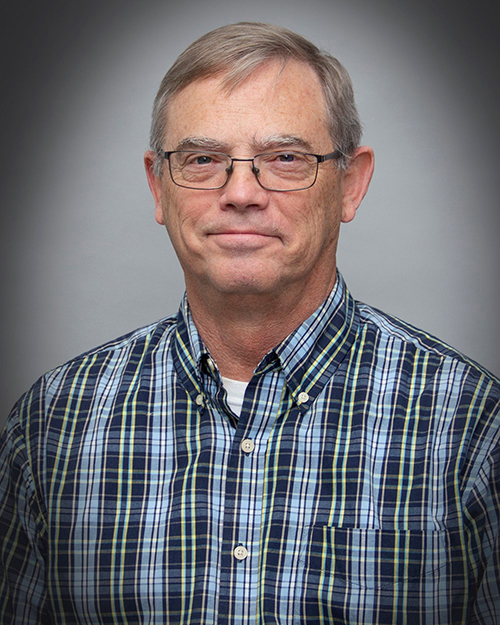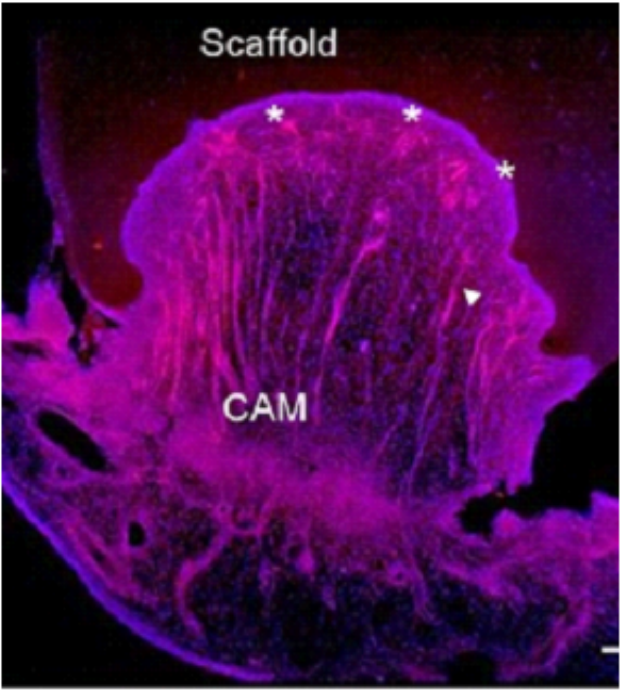
Dr. Phil G. Campbell
Research Professor, Biomedical Engineering, Engineering Research Accelerator, Biological Sciences, and Materials Science & Engineering
- Scott Hall 6115
- 412 268 4126
- 412 268 5229
Scott Hall 6115
Carnegie Mellon University
5000 Forbes Avenue
Pittsburgh, PA 15213
Education
- B.S. & M.S., Animal Science, Auburn University
- Ph.D., Physiology, Pennsylvania State University, 1985
Bio
Dr. Phil Campbell is a Research Professor in the Department of Biomedical Engineering and the Institute for Complex Engineered Systems at the Carnegie Institute of Technology (School of Engineering) at Carnegie Mellon University (CMU) in Pittsburgh. In addition, he holds courtesy appointments in CMU’s Departments of Biological Sciences and Materials Science and Engineering. Dr. Campbell is also a Faculty Member of the Molecular Biosensor and Imaging Center (Mellon College of Science) at CMU.
Dr. Campbell is a member of the Endocrine Society, the American Society of Bone and Mineral Research, and the International Bone and Mineral Society. He serves as a publications reviewer for numerous journals, including but not limited to, Tissue Engineering, Biomaterials, Endocrinology, the Journal of Endocrinology, and Nanomedicine. Dr. Campbell is a grant reviewer for the National Science Foundation, the Veteran’s Administration, the Medical Research Council of Canada, NASA, amongst others.
Research
Professor Campbell has over 25 years’ experience in multidisciplinary research with both engineers and clinicians to develop unique solutions to a wide variety of complex biomedical problems, including the development of natural-based biomaterials, implant biocompatibility, and tissue engineering. One of his overarching research themes involves understanding and engineering the cellular microenvironment from an endocrine point of view, both in vitro and in vivo. The study encompasses growth factor interstitial transport, interactions with receptors and non-receptor binding proteins, immobilization and proteolytic processing of extracellular matrix bound growth factors and other signaling molecules, and live cell and animal imaging. His research has taken advantage of biopatterned microenvironments to spatially deliver signaling molecules to spatially control cell behavior in vitro and tissue formation in vivo toward musculoskeletal, cardiac, immunological and cancer applications.
Research Interests: bioavailability and proteolytic processing of growth factors; musculoskeletal tissue repair and regeneration; biomimetic tissue engineering materials

Awards and Recognition
- Benjamin Richard Teare Teaching Award, 2018